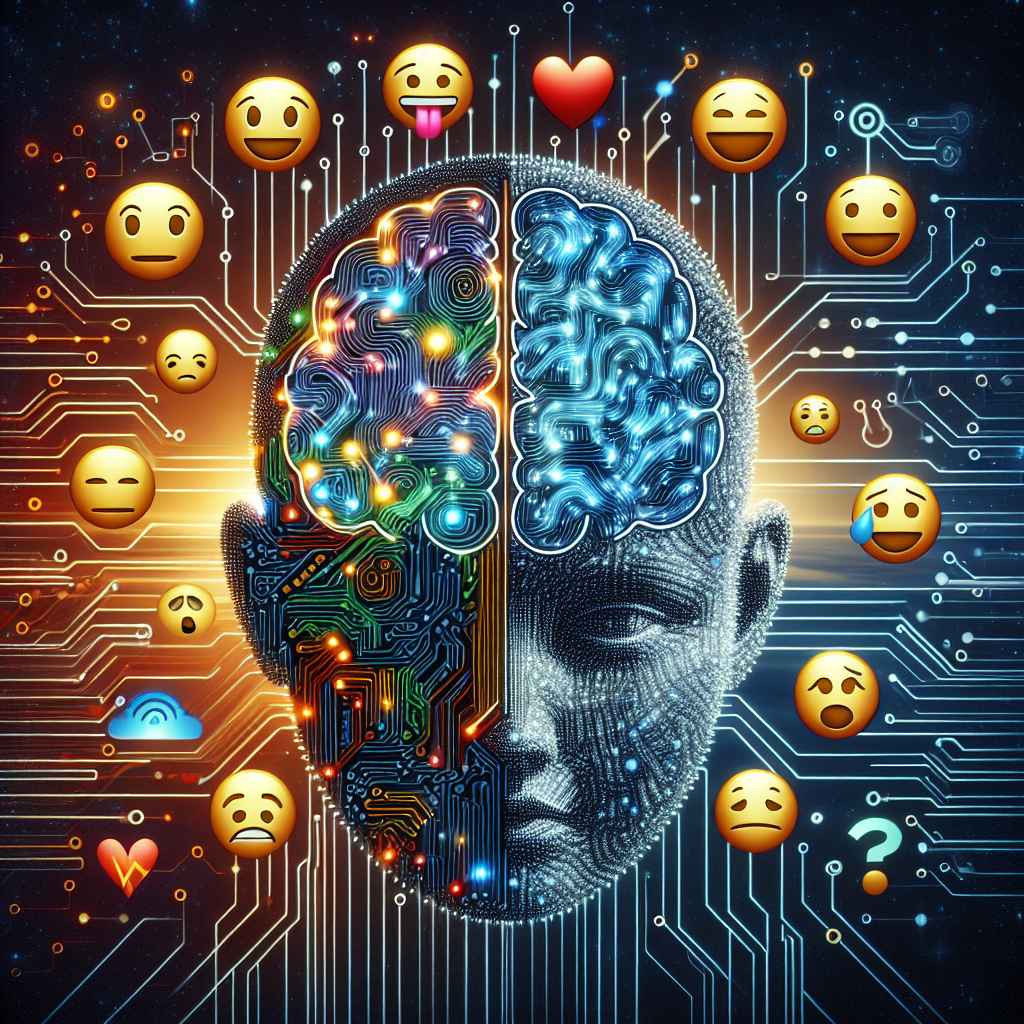In recent years, there has been a growing interest in the use of artificial intelligence (AI) development in emotional intelligence. Emotional intelligence, often referred to as EQ, is the ability to understand and manage one’s own emotions as well as the emotions of others. It plays a crucial role in personal and professional success, as individuals with high emotional intelligence are better able to communicate effectively, resolve conflicts, and build strong relationships.
AI development has the potential to revolutionize the way we understand and develop emotional intelligence. By leveraging the power of machine learning algorithms and natural language processing, AI tools can analyze vast amounts of data to provide insights into emotional patterns and behaviors. These insights can help individuals and organizations improve their emotional intelligence skills, leading to better decision-making, increased empathy, and enhanced communication.
One of the key ways in which AI is being used in emotional intelligence development is through sentiment analysis. Sentiment analysis is the process of analyzing text data to determine the emotional tone of the content. AI tools can be trained to recognize and interpret emotions in written communication, such as emails, social media posts, and customer reviews. By analyzing the sentiment of these texts, AI can provide valuable feedback on how individuals are expressing their emotions and how they are being perceived by others.
Another application of AI in emotional intelligence development is through emotion recognition technology. This technology uses facial recognition software to analyze facial expressions and infer emotions. By capturing subtle changes in facial expressions, AI can accurately identify an individual’s emotional state, such as happiness, sadness, anger, or surprise. This information can be used to provide real-time feedback on emotional responses, helping individuals become more aware of their emotions and how they are affecting their interactions with others.
AI development in emotional intelligence also extends to virtual assistants and chatbots. These AI-powered tools can engage in conversations with users, providing emotional support, guidance, and feedback. Virtual assistants can offer personalized recommendations based on an individual’s emotional state, helping them navigate challenging situations or make better decisions. Chatbots can also be used in therapy settings, providing a safe and confidential space for individuals to express their emotions and receive support.
FAQs:
Q: How accurate is AI in analyzing emotions?
A: AI has made significant advancements in emotion recognition technology, with many tools achieving high levels of accuracy in identifying emotions. However, there are still limitations to consider, such as cultural differences in expressing emotions and the complexity of human emotions. It is important to use AI as a tool to supplement human judgment rather than rely solely on its analysis.
Q: Can AI help improve emotional intelligence in children?
A: Yes, AI can be used to develop emotional intelligence in children by providing interactive tools and resources that teach emotional awareness, empathy, and social skills. These AI-powered platforms can engage children in fun and educational activities that help them understand and manage their emotions effectively.
Q: What are the ethical implications of using AI in emotional intelligence?
A: There are ethical considerations to take into account when using AI in emotional intelligence development, such as privacy concerns, data security, and the potential for bias in algorithmic decision-making. It is essential to prioritize transparency, accountability, and fairness in the design and implementation of AI tools to ensure that they uphold ethical standards.
Q: How can individuals and organizations benefit from AI in emotional intelligence development?
A: Individuals and organizations can benefit from AI in emotional intelligence development by gaining valuable insights into their emotional patterns and behaviors. These insights can help individuals improve their communication skills, build stronger relationships, and make better decisions. Organizations can use AI tools to enhance employee engagement, foster a positive work culture, and improve team dynamics.

